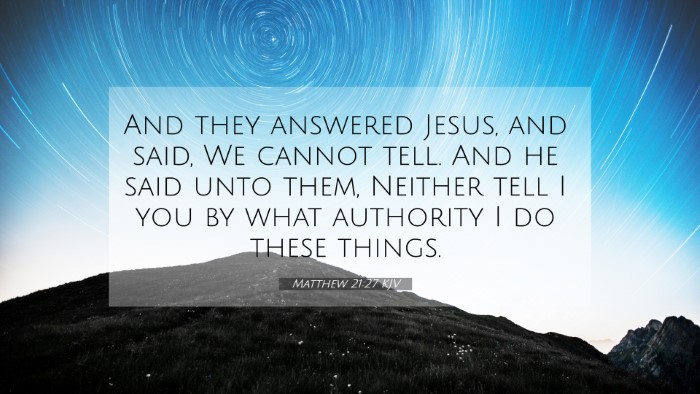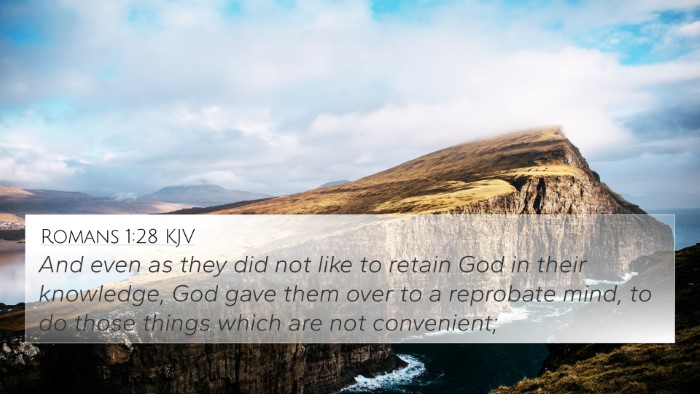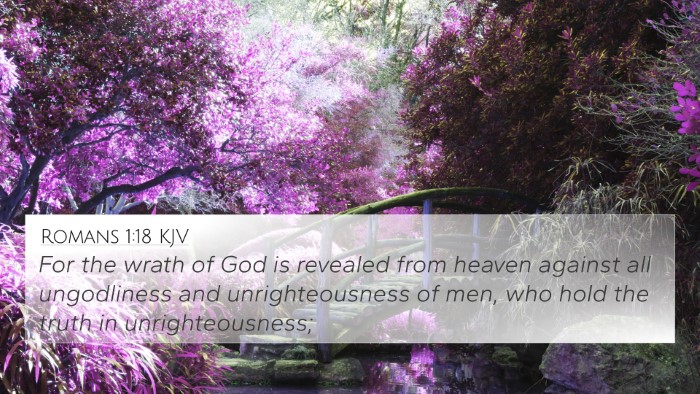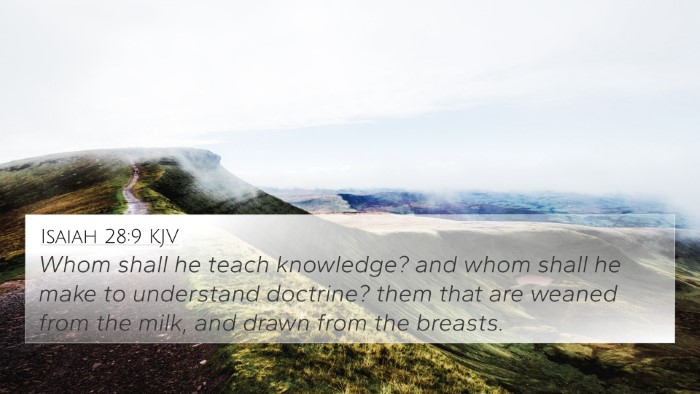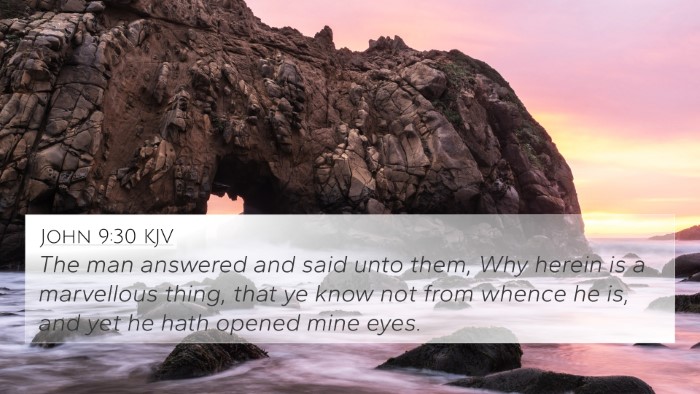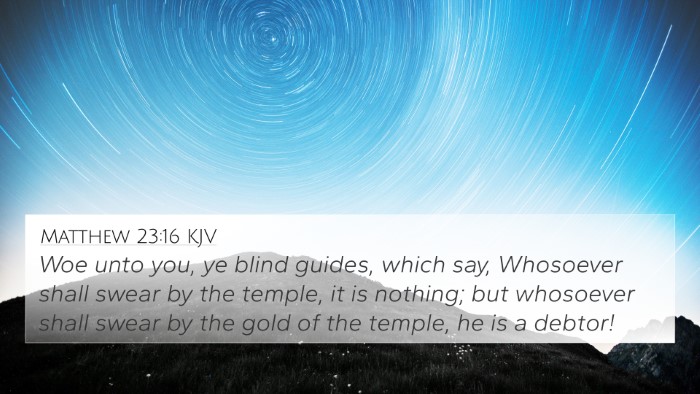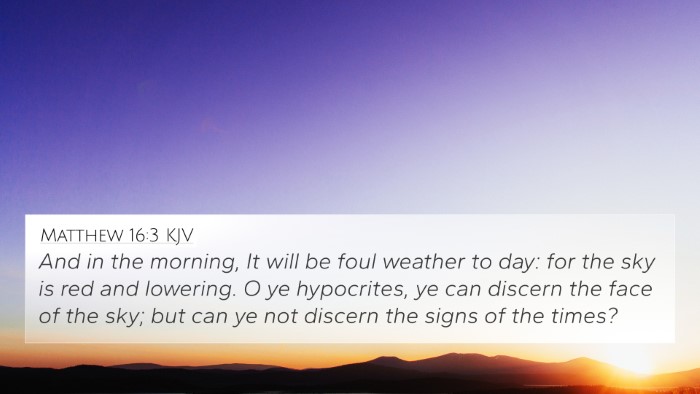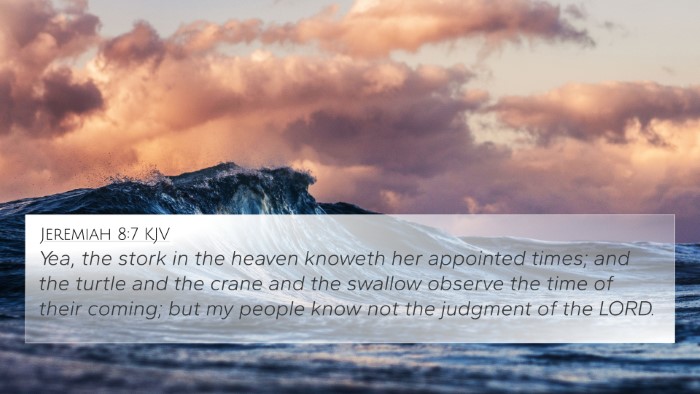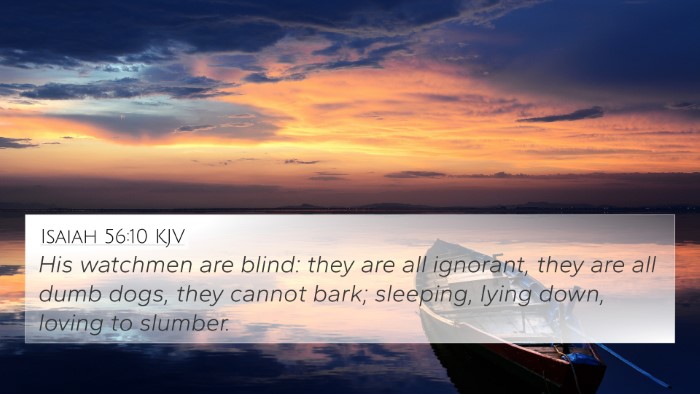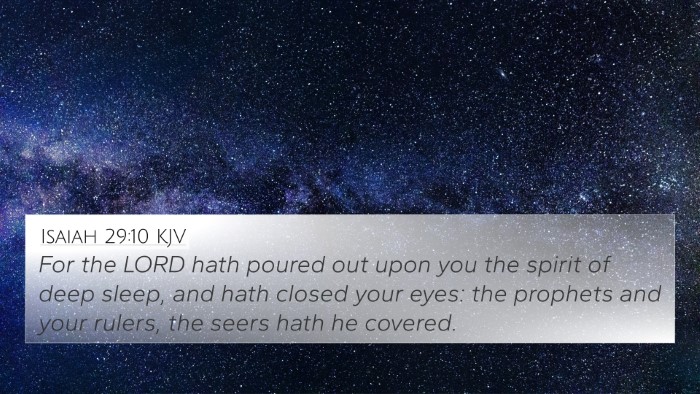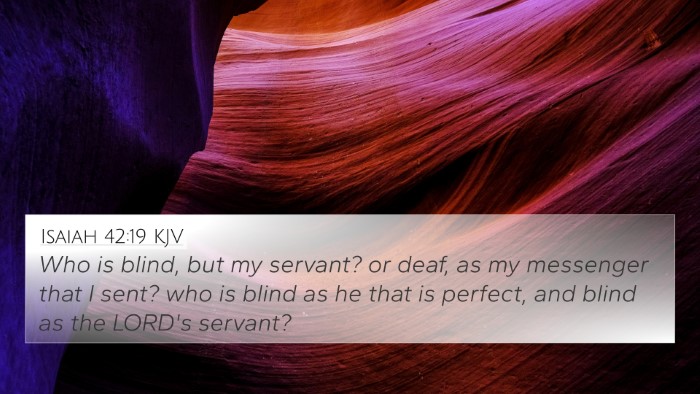Understanding Matthew 21:27
Matthew 21:27 states: "And they answered Jesus, and said, We cannot tell. And he said unto them, Neither tell I you by what authority I do these things." This verse captures a critical moment in Jesus' ministry where He engages in dialogue with the religious leaders, revealing profound theological insights and prompting reflection on authority and understanding.
Contextual Background
This verse is set within the context of Jesus’ authority. It occurs after He had cleansed the temple and was teaching the people. The chief priests and elders questioned Jesus concerning His authority to perform these actions. This situation illustrates the ongoing tension between Jesus and the established religious leaders of His time.
Analysis from Public Domain Commentaries
- Matthew Henry: Matthew Henry emphasizes the significance of the leaders' inability to answer Jesus. He points out that their fear of the people and their self-interest prevented them from recognizing the truth. Jesus’ refusal to reveal His authority reflects a deeper spiritual truth: divine authority cannot be comprehended by those unwilling to accept it.
- Albert Barnes: Barnes highlights that the leaders' question was a challenge, and their subsequent silence indicated their hypocrisy. Jesus’ answer serves as a lesson on spiritual discernment; those who seek to undermine His ministry ultimately expose their own blindness and lack of understanding.
- Adam Clarke: Clarke dives into the implications of authority. He suggests that Jesus’ question about John’s baptism—previously mentioned—serves as a cross-reference. By acknowledging John, they had to acknowledge Jesus. Thus, their failure to answer reveals their spiritual dilemma and resistance to truth.
Key Themes
- Authority of Christ: The verse emphasizes the divine authority of Jesus. This theme is echoed throughout the New Testament, particularly in BibleVerseID: 40010001 (Matthew 7:29) where Jesus teaches with authority.
- Hypocrisy of Religious Leaders: Their unwillingness to answer Jesus reveals the hypocrisy that runs through the religious elite. Similar themes can be found in BibleVerseID: 40024015 (Luke 11:45-54) where Jesus rebukes the Pharisees and lawyers for their hypocrisy.
- Spiritual Blindness: This lack of understanding among the religious leaders reflects a broader scriptural theme, linking with BibleVerseID: 40016009 (Mark 4:12) where Jesus speaks of those who see but do not perceive.
Connecting Bible Verses
This interaction between Jesus and the religious leaders creates a tapestry of related scriptures that deepen the understanding of this verse:
- Matthew 21:25: The discussion on John the Baptist's authority enhances understanding of Jesus' own authority.
- John 7:15: Jesus' authority is questioned again, and His teachings are examined.
- Luke 20:2: The Pharisees ask Jesus about His authority, showing a repeated theme of challenge.
- John 5:27: Emphasizes the authority given to Jesus by God, thus connecting back to the original authority question.
- Mark 11:28: Similar confrontation with the religious authorities questioning Jesus' actions.
- Matthew 7:29: Stresses the uniqueness of Jesus' teachings and His authoritative stance compared to the scribes.
- Acts 4:7: The theme continues in the early church as the apostles face similar authority questions.
- Romans 13:1: Reflects on the concept of authority more broadly, tying the divine authority of governance to God's ordinance.
- Hebrews 1:2: Connects Jesus’ supreme authority as the final revelation of God, underscoring His divine validation.
- Acts 2:22: Discusses Jesus being approved by God through miracles, affirming His authority in the early church's preaching.
Thematic Bible Verse Connections
The themes established in Matthew 21:27 create a rich groundwork for further understanding. Exploring cross-references about authority, response to truth, and the intersection of divine and human leadership is essential for deepening one's comprehension of the scripture.
By systematically studying scripture through cross-referencing, individuals can uncover layers of meaning, making connections that highlight the cohesive narrative of the Bible.
Conclusion
In conclusion, Matthew 21:27 provides a profound commentary on authority, spiritual blindness, and the challenges faced by Jesus' ministry. Understanding this passage, particularly in light of cross-referenced verses, encourages readers to reflect on their own responses to divine authority and truth.
Utilizing tools for Bible cross-referencing, such as a Bible concordance or cross-reference Bible study methods, allows for a richer engagement with scripture. These resources are invaluable for uncovering the interconnectedness of Biblical texts and themes, leading to a more comprehensive study of God's word.


